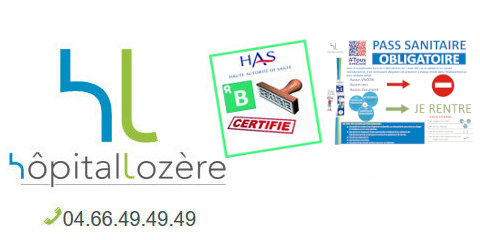Will we one day move around in flying cars, be cared for by robots and colonize space? And what delicate ethical questions could technical progress one day confront us if, for example, it makes it possible to save memories as a data set or to create optimized people? Such questions are to be discussed in the new Nuremberg Future Museum. The branch of the Deutsches Museum was opened on Friday. The state government has come under criticism because of the rental costs that arise for the Free State.
The new house should be a place for discussion and a museum, said the General Director of the Deutsches Museum, Wolfgang Heckl, at the opening. The future will not only be exhibited in Nuremberg, but will also be negotiated. Originally, the Future Museum should have opened at the end of 2020, but it was later due to the corona pandemic.
Now 250 exhibits, prototypes and models illustrate what life could look like in the future. A globe three meters in diameter shows the effects of human activity on the planet with projections of climate data or air traffic. Objects can be examined in weightlessness with a downpipe. A combination of an air taxi and an electric car shows what could be possible in the cities of the future. It’s about hyperloops and neural controlled prostheses, about care and sex robots.
“Science” and “Fiction” are juxtaposed, opportunities – but also risks – of technology are discussed. In addition to the technology, the question that runs through the exhibition as a red thread is whether and how we want to use such technical achievements: Can we intervene in the human genome in order to eradicate diseases? Do robots do our work for us? Or away?
Visitors can enter the exhibition from Saturday, and admission is free on the opening weekend. Many stations are interactive. Visitors can create a designer baby on the computer or interact with robots. Sometimes museum officials and politicians hope that young people will become enthusiastic about technology and later strive for the field. “Fiction” should become “science”, science should become technology and technology should become prosperity for people, said Heckl from the Deutsches Museum.
Museum has been a political issue from the start
Science is always the future, said Bavaria’s Prime Minister Dr. Markus Söder (CSU) at the ceremony on Friday. The museum is highly emancipatory, future-oriented and fascinating for young people. The science fiction fan cut the red ribbon in front of the building with a “lightsaber”. For Söder, the branch of the Deutsches Museum in his native Nuremberg is a prestige project. On Friday he emphasized: “The idea actually came from me.” When the contract was signed, Söder was still finance minister. The Museum an der Pegnitz in Nuremberg’s old town cost almost 28 million euros.
The construction was a political issue right from the start: The state parliament opposition considers the rental costs to be far too high. In July, an expert opinion commissioned by the FDP, Greens and SPD fueled the dispute again. The lease shows a significantly lessor-friendly tendency to the detriment of the tenant, it says, for example. The building is rented by a company owned by the Nuremberg entrepreneur Gerd Schmelzer. The Free State has to pay 2.5 million euros annually for the rent – contractually set for 25 years. According to the report, however, only 1.09 million euros of this are unequivocally conclusive. In the meantime, the Bavarian Supreme Audit Office is also dealing with the issue.
The science policy spokeswoman for the Greens in the state parliament, Verena Osgyan, said on Friday that they wish the museum the best of luck at the start, but that the conditions are causing massive damage to taxpayers. Söder did not manage to get rid of the bland aftertaste.
He defended the building on Friday: Everything had been answered many times and everything went according to the law. The topic had been dealt with in detail in the state parliament. If something like this takes place in Munich, nobody questions anything. “And here in Franconia, everything is often questioned a little.” Science Minister Bernd Sibler (CSU) also emphasized: “Everything is documented, everything is good, everything is done right.”
– .

